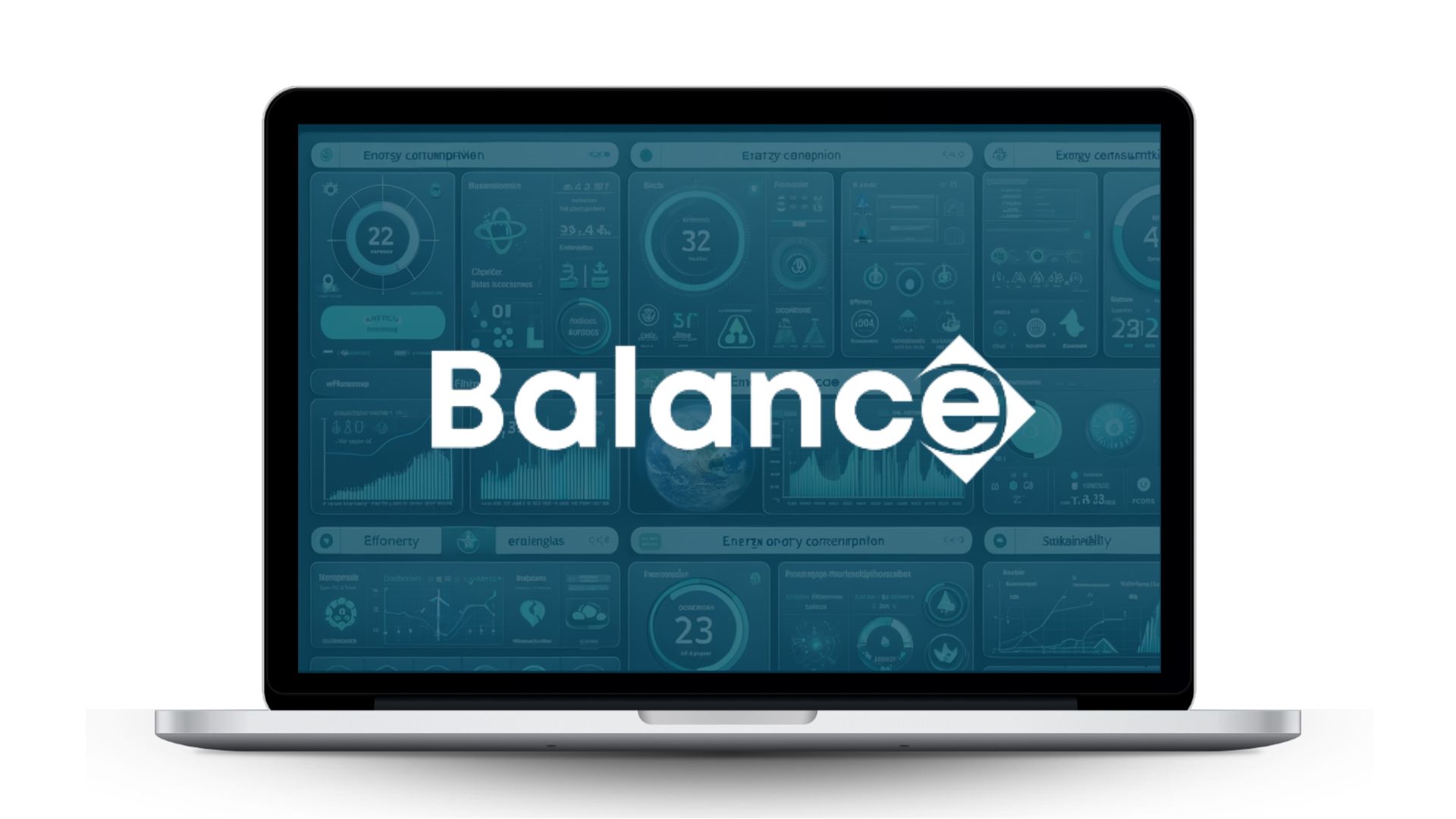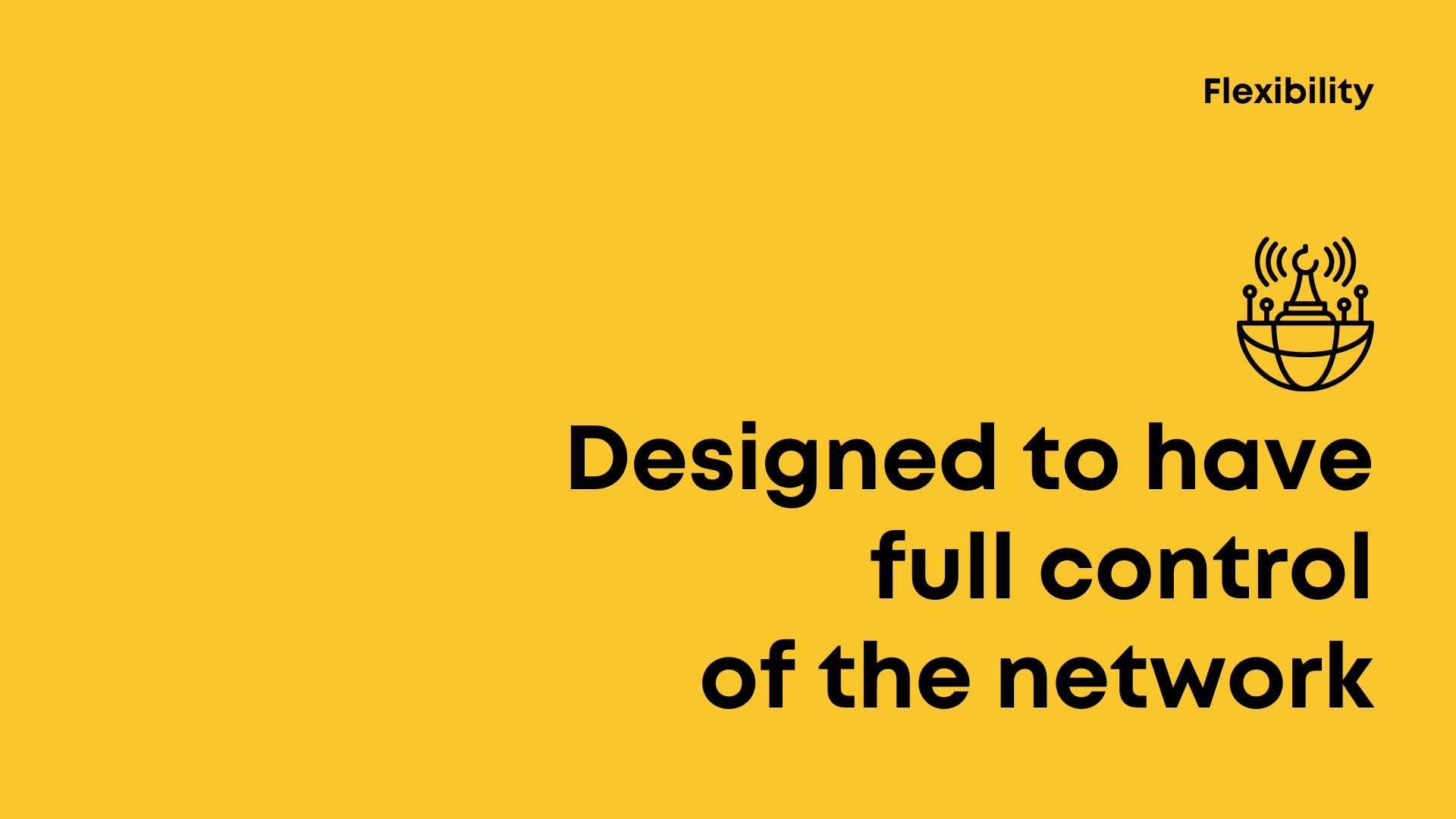Platforms for micro-grid management
The management of the continuous balance between consumption and production required by the electrical grid is evolving to actively include the increasingly widespread presence of renewable sources. This is radically changing the management and conception of the electrical grid. The non-programmability nature of these types of production sources makes their integration into the grid more complex. The variability of production and its widespread distribution requires a more flexible, intelligent, and decentralized management approach.
Thanks to its tools, Apio can build tailor-made solutions that meet the needs of managing smart electrical grids.

Main Features:
- Management of energy production demands
- Visualization dashboard for stored energy
- Self-balancing algorithms
- Facilitated network switching management
- Detailed reports

Balance's number
10 GWh
annual managed energy
+4 GWh
annual energy balanced
+3
business partners
Use Cases
Project Platone
To increase trust related to energy exchanges and enable prosumers in the new era of energy flexibility, the Areti board, leading the Italian demo of the European project Platone, has requested a solid blockchain architecture capable of ensuring a standard in data exchange. A project that saw us collaborate with another 11 partners from Italy, Germany, Belgium, and Greece.
